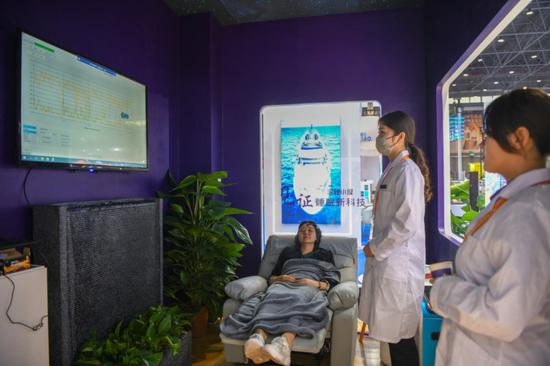
A visitor (left) tries out a sleep-aid device during a consumer product expo in Haikou, Hainan province. (CHINA DAILY)
China's sleep economy is experiencing rapid growth as well as showing vast business potential, thanks to a consumption upgrade and surging concerns over sleep health spurred on by a fast-paced modern life.
Zhang Min, a post-95s white-collar worker who has been suffering from insomnia for three years, averages a sleep time of less than six hours daily.
"I have tried a lot of sleep-aid products, including eye masks, earplugs, sleep aromatherapy, essential oils, melatonin, among others. Last year, I even went to a sleep experience store, where I tried out sleep-aid mattresses and memory foam pillows. In the past two years, I have spent over 10,000 yuan ($1,378) on these products," she said.
According to a study conducted by the Chinese Sleep Research Society in March, most Chinese people normally go to sleep after 12 am and average a sleep time of just 6.75 hours.
Among the 10,000 interviewees aged between 20 and 70 years in the study, 30 percent said they suffered from sleep disorders, including waking up early, having difficulty falling asleep, using the bathroom at night, snoring, coughing, having nightmares, as well as pain and discomfort during sleep.
Estimates by global consultancy Frost &Sullivan show that people with insomnia will hit 300 million by 2025 in China.
The growing group with sleeping issues propelled the emergence of numerous sleep-aid products.
On e-commerce platforms such as Taobao and JD.com, a search for the term "sleep-aid" pulls up a wide variety of products. Melatonin, sleep monitors, sleep patches, essential oils, smart mattresses — prices of these products range quite broadly.
According to market research firm iiMedia Research, in 2023, China's sleep economy market totaled nearly 496 billion yuan, up 8.6 percent year-on-year.
With the reach and variety of sleep-aid products on the rise, the market is expected to grow to an estimated size of 658.7 billion yuan by 2027, and 1 trillion yuan by 2030.
Wang Peng, associate research fellow at the Beijing Academy of Social Sciences, said: "Owing to a fast-paced life, work stress, and emotional problems, a growing number of people are suffering from sleep problems. They, as consumers, are paying increased attention to sleep health, and are willing to purchase professional sleep-aid products to improve sleep quality, stimulating the development of the sleep economy."
According to business data provider Qichacha, a total of 9,096 enterprises were operating sleep-related businesses in China as of Tuesday.
On May 31, Nanjing-based Simcere Pharmaceutical Group Ltd said the Chinese Phase III clinical study of its novel drug for treating insomnia patients in China had met the primary study endpoint. The drug is the only dual orexin receptor antagonist approved by the European Medicines Agency that has shown improvements in functioning during daytime.
On Nov 15, 2022, Simcere inked a deal with Basel, Switzerland-based company Idorsia Ltd, to be granted an exclusive right to develop and commercialize the product on the Chinese mainland, and the Hong Kong and Macao special administrative regions. The product has already been launched in the United States, the United Kingdom, Italy, Germany, Switzerland, France, Spain, Austria and Canada.
Sleep-aid home appliance companies are also ramping up efforts to develop the sleep economy.
In September 2020, Shaoxing, Zhejiang province-based Sleemon launched a smart mattress. Using sleeping posture adaptation and artificial intelligence sleep data technology, the smart mattress offers customized solutions to consumers with sleep disorders.
By March, it had invested over 1 billion yuan in sleep technology research and development, and had gained more than 1,200 patents, data from the company showed.
Other sleep technology companies, including DeRucci and Simmons Bedding Co, are also making inroads into China's sleep economy.
In terms of new growth points, Hong Yong, an associate research fellow at the Chinese Academy of International Trade and Economic Cooperation's e-commerce research institute, said intelligent sleep products, including smart mattresses and wearable devices, will maintain their popularity.
Hong said developing a smart sleep environment for the house, such as creating a more conducive home environment for sleep through intelligent lighting, temperature and humidity regulation, is also a subcategory worth exploring.
"Sleep health consultancy services, as well as the combination of sleep economy with the tourism and hotel industry, are also expected to pick up pace," he added.









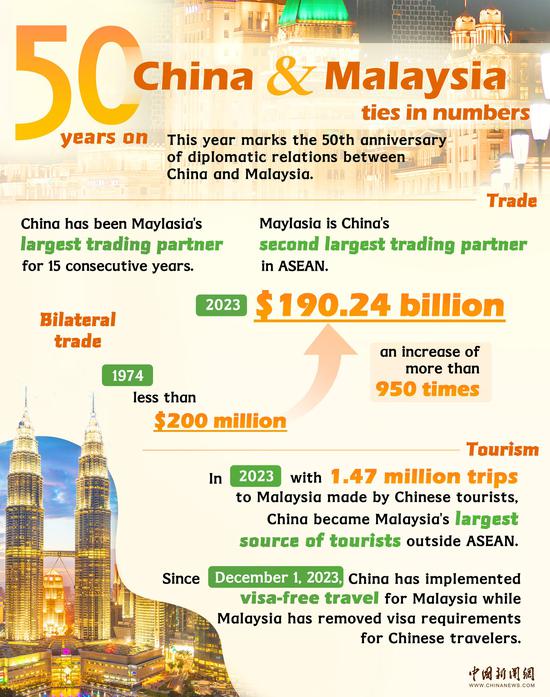
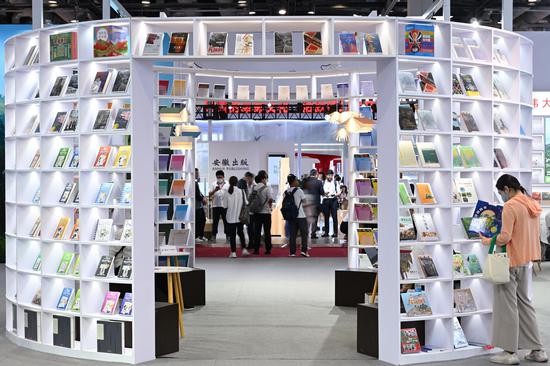



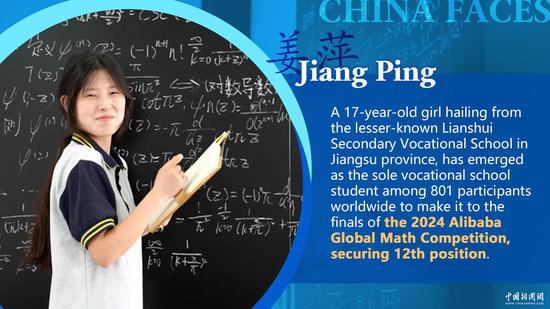
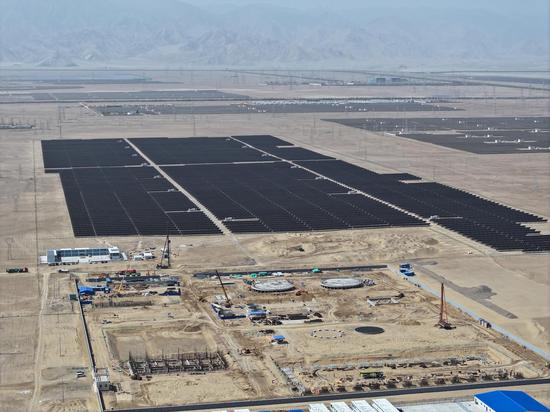


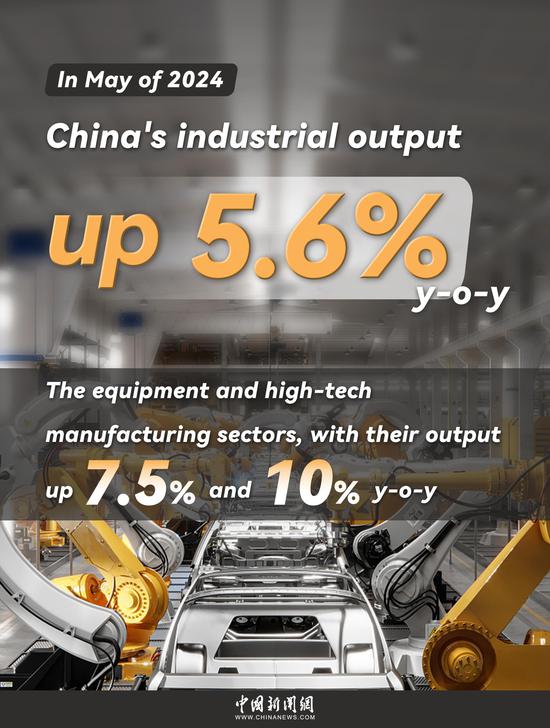





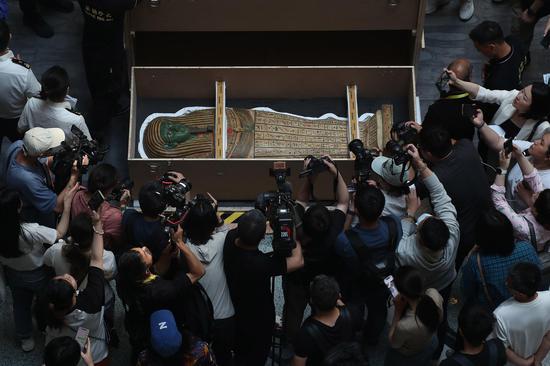

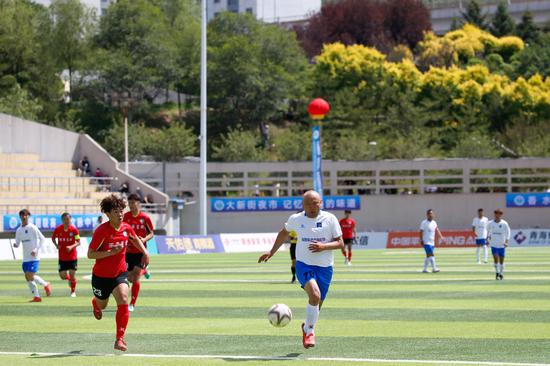

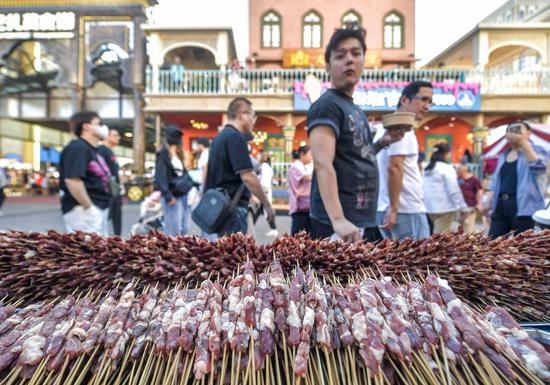

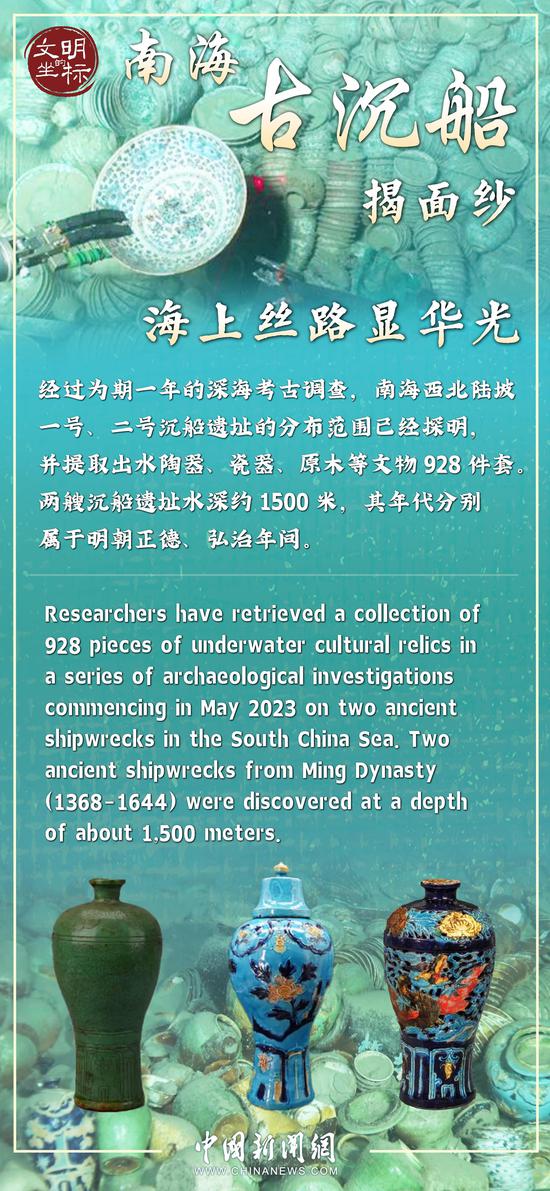


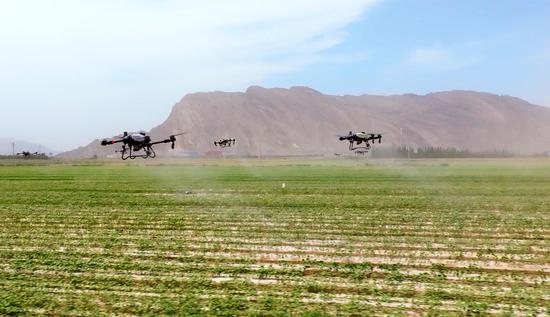





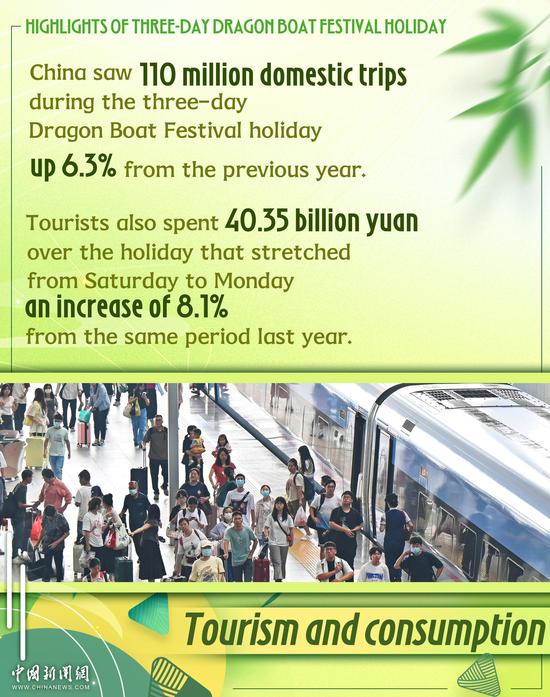


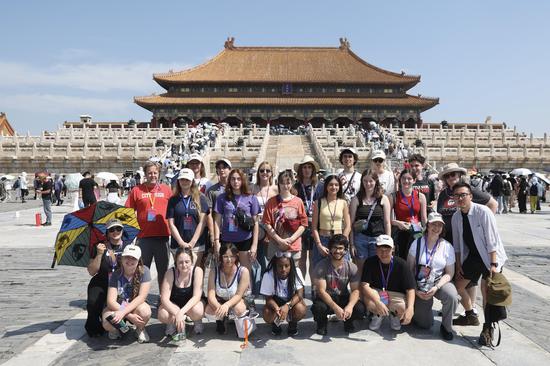







 京公網安備 11010202009201號
京公網安備 11010202009201號